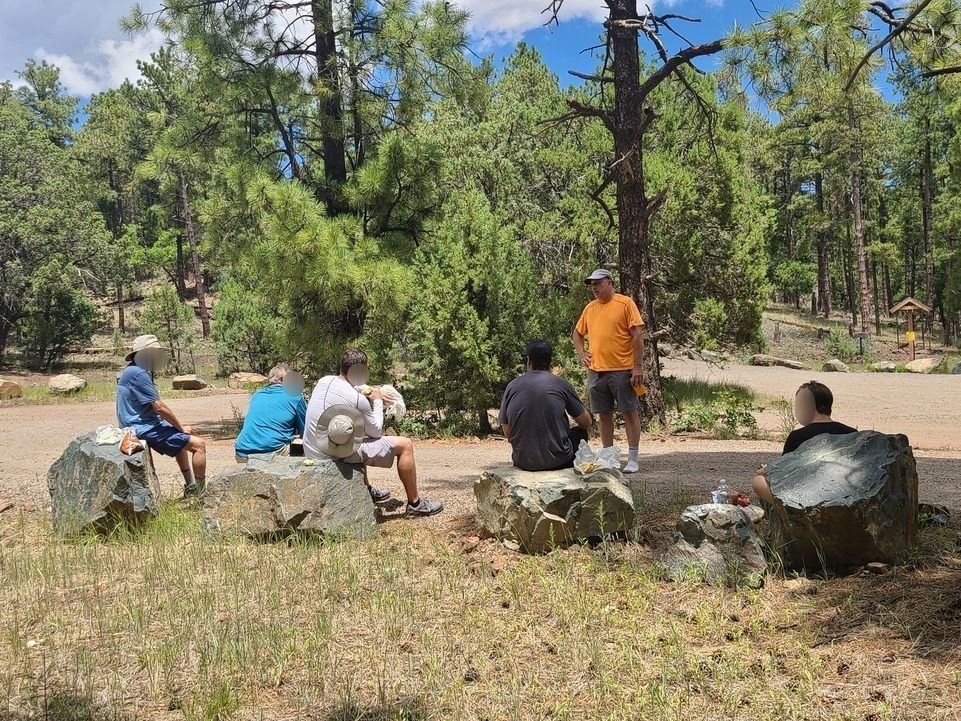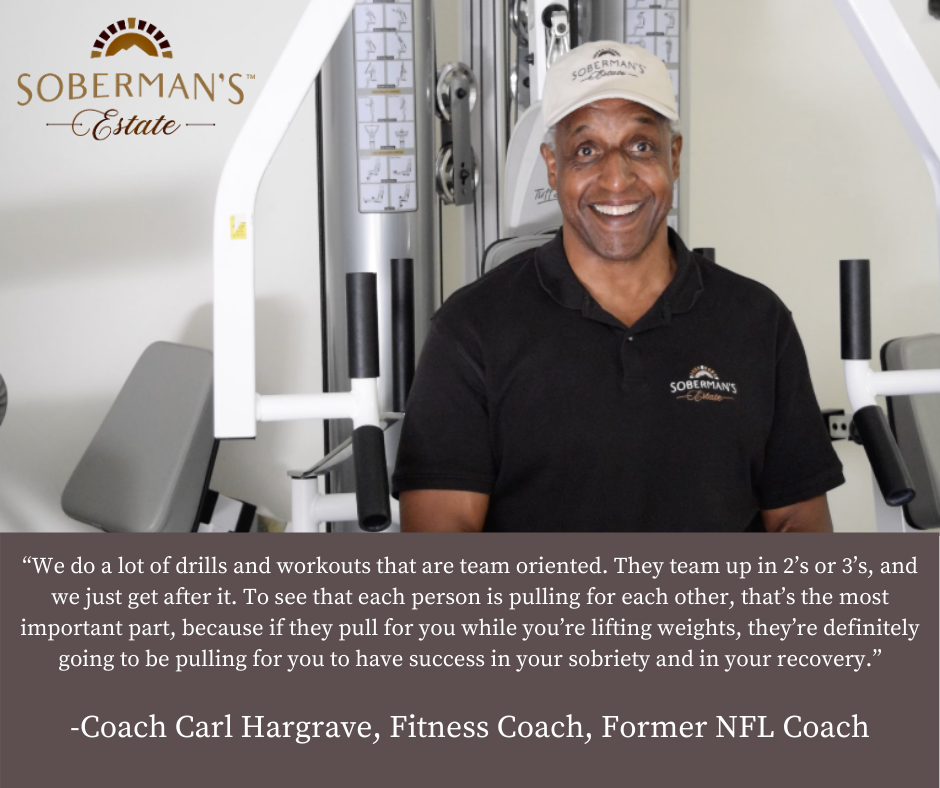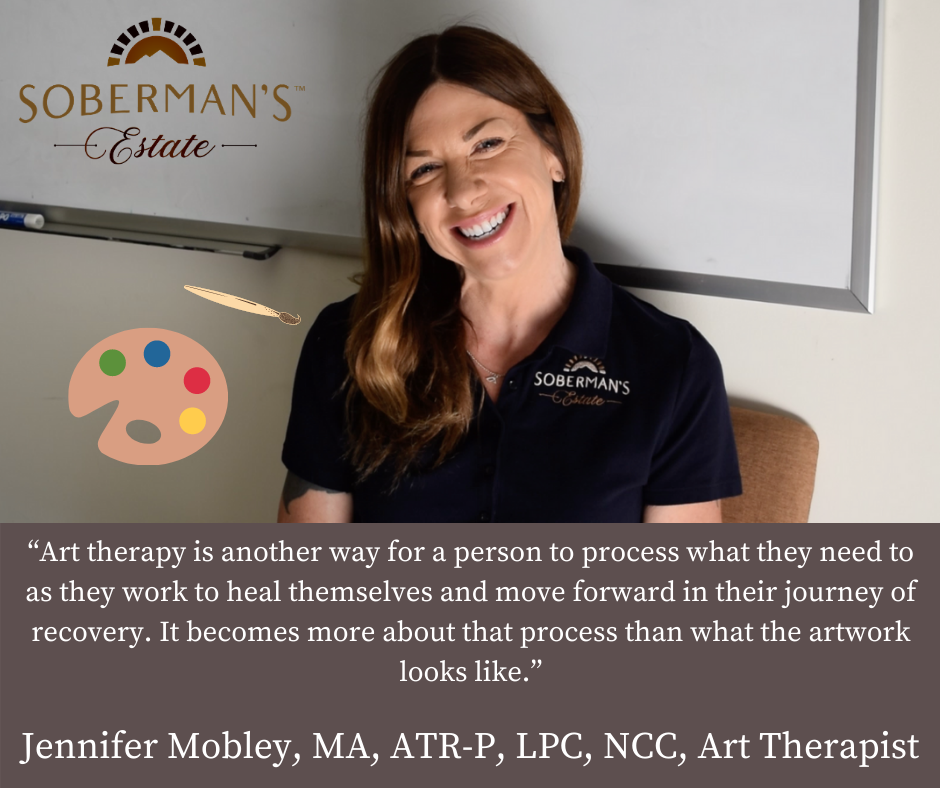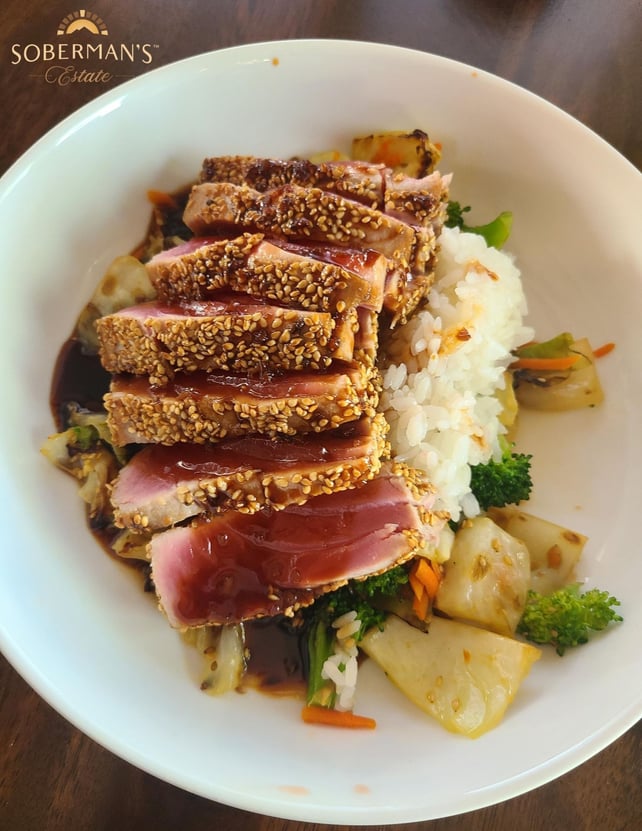Sobriety is achieved one day at a time. Being able to choose your activities, rather than “choosing” drugs or alcohol, is true freedom. Here are 12 things you can choose to do to enjoy life sober!
1. Volunteer
One of the best ways to forget your problems is to help other people solve theirs. Plus, volunteering is proven to improve multiple aspects of well-being such as self-esteem and happiness! You can find a cause that interests you and make a difference. Virtual volunteering may include making get-well or thank you cards and mailing them to healthcare or education non-profits.
2. Be in Nature
Do you like the beach? The forest? The serene Sonoran desert? Being in nature is proven to ignite feelings of happiness, peace, and gratitude, and lower our stress hormone cortisol, help gain emotional resilience, decrease fatigue, increase energy and productivity, and improve memory function. Spiritually, nature can be an excellent environment to practice mindfulness, meditation, journal, or connect to your higher self, a higher power, or spiritual guide.

3. Exercise
Exercise releases dopamine and endorphins, which is the same chemical released with drug use, and will make you feel happy, without the comedown. Plus it will make your body look and feel good! There are so many ways to move, as long as your heart rate goes up, you’re doing it right! Movement can be individual or in a group, both settings can be beneficial. There are many options to experiment with, such as yoga, walking/jogging/running, tai chi, weightlifting, basketball, baseball, soccer, Zumba, boxing, dance, swimming, or rock climbing… You can take a class, join a group, follow a YouTube video, or do your own thing!

4. Create
There’s a reason art therapy and music therapy are such popular modalities. Forget your talent level. Expressive arts like painting, drawing, listening to music, creating music, creative writing, comedy writing, or acting, can be very relaxing, ignite feelings of happiness, and treat anxiety and depression.

5. Be Entertained
You can go to a comedy-club, concert, sports game, movie theater, or from anywhere listen to a podcast, to music, watch a show or stream an event, read a book, and more. These are all healthy “escapes.”
6. Spend Time with a Friend, Loved One, or Sponsor
Isolation is part of the disease of addiction, so building connection may feel uncomfortable at first, and that’s ok. A conversation with that person may be just what you need, or what they need. Many studies show that friendship is positively associated to life satisfaction, and having friends is the key to living a long time. You can support a local coffee shop or visit a park, and spend time with a friend, loved one, or sponsor.

7. Join a club
If there’s something you like to do, there’s probably a social group for it. Whether it’s a physical activity like basketball, tennis, dance, walking, or running, or a mental activity like reading, playing chess, or spiritual growth. Building relationships and community with people who hold similar interests or values can add significant value to your mental health and quality of life. Some club meetings are available virtually.
8. Eat mindfully
What dish gets your mouth watering? You can have it! Give yourself permission to enjoy, not just consume, delicious food. Channel all of your senses to fully enjoy the experience. Take a moment to look at the food, smell the food, express gratitude for the food, and taste it completely. YUM! This can be at a restaurant, in your home, with someone, or solo!

9. Learn something new
Is there a skill you’ve wanted to build or concept you think is interesting? Maybe learn a language? How to garden? More about history? You can take a class, go to a museum, read a book, watch a documentary or YouTube video, or meet with a local expert or mentor. There are many great books and movies about sobriety, too. Building a new skill or expanding your knowledge can improve self-esteem.
You may have heard a sponsor tell you to go to the bookstore, there’s a book you’re supposed to read, but they can’t remember the name, but when you see it, you’ll know. (hint: your subconscious will direct you to the one you’ll benefit from the most)
10. Invest in your relationships
“Where you invest your love, you invest your life” (Mumford & Sons). Make a playlist, cook a meal, buy flowers, write a hand-written note, take to the park... The 5 love languages may inspire ideas to strengthen your relationships, and can be applied in romantic relationships, friendships, and with yourself! The five languages, from the book by Gary Chapman, are Words of Affirmation, Acts of Service, Receiving Gifts, Quality Time, and Physical Touch.
11. Host a gathering
Invite people who lift your spirits. You can host a spa night, a game night, a movie night, a brunch, a dinner, a football game, a spiritual discussion with snacks, a paint party, a bonfire, a picnic… have fun! In the COVID era, this activity may be skipped. Or, it is suggested to establish a population cap, mask requirement, and social distance requirement. Outdoor settings may reduce risk.
12. Cook or bake
Cooking and baking can be a fun experiment. There are endless recipes to be inspired by, and the process of cooking and baking often reduces stress. Your food will likely turn out great, but if it doesn’t, at least you’ll have had fun creating it! Oftentimes lack of a healthy diet is a side-effect of substance abuse, so learning to create your own healthy menu that you like can be a part of growing into the new and improved version of yourself.

Two tips that can maximize your experience with these activities:
One: you can become involved in a local recovery community. Finding a community that makes you feel comfortable and prioritizing your time with them can significantly increase your stability in staying sober, and your quality of life. Here you can find new friends to participate in sober events and activities with you. Under quarantine, there are many virtual meetings available.
Two: you can try to be mindful when participating in these (or any) activities. All that means is to think about where you are and what you are doing; to direct your mind to be where you are, instead of in the future, past, or other location. For example, when you’re eating a meal, you can focus your mind on tasting the food. Or before you embark on an activity, you can take a private moment to set your intention for the activity, such as “give myself this time to heal” or “enjoy this time with friends” or “give as much energy as I can to this charity” or “receive what life has to offer right now.” This will help maximize each moment, and reveal clarity and presence. Practicing mindfulness can make any moment feel like an “escape,” except rather than going out of reality, you’re going into it, and it’s even better.




